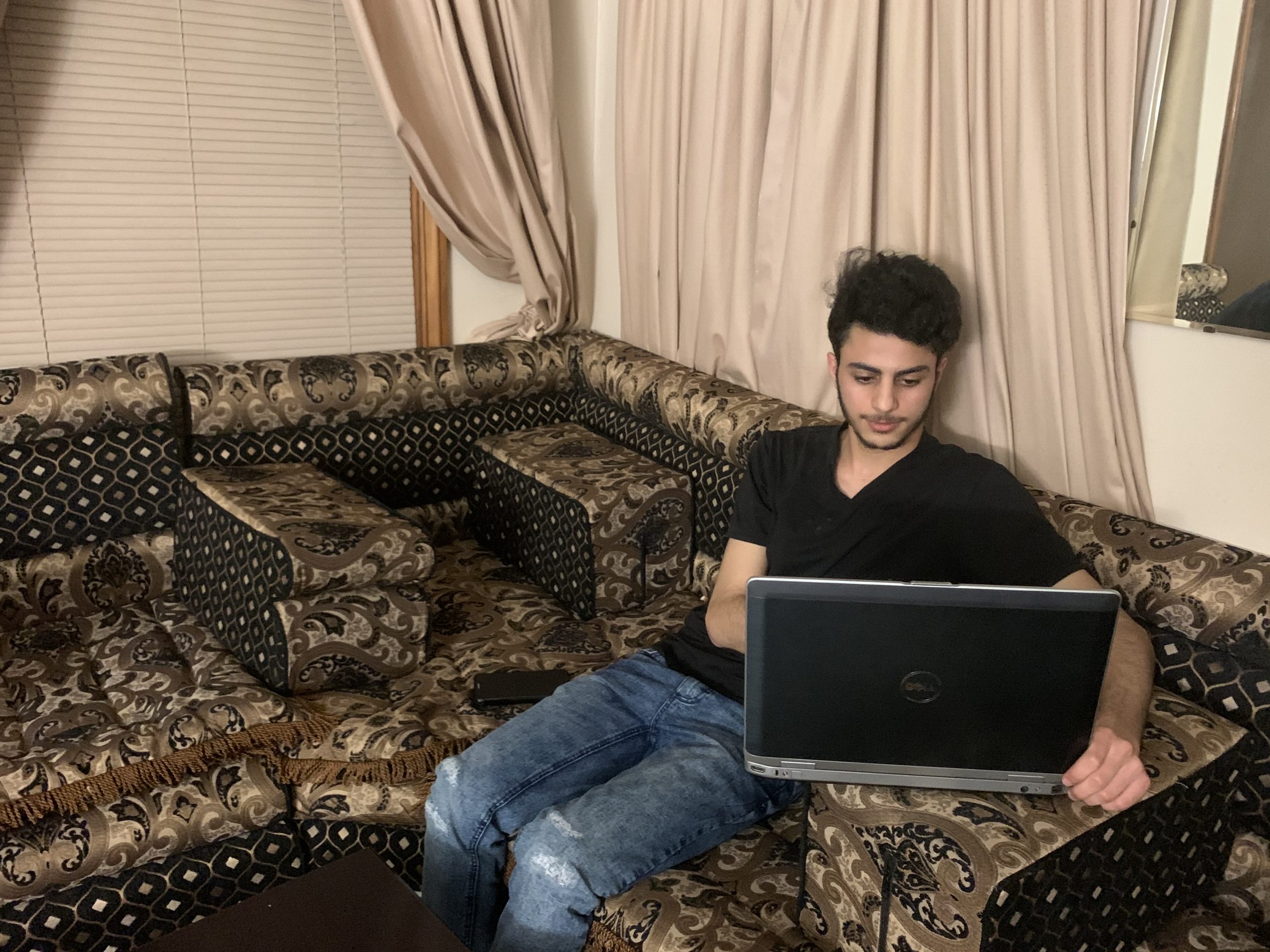Too Young to Make These Decisions – How Coronavirus has Made a College Education Even Harder.
Simon Albaugh – YAN – Dearborn.
For a lot of college students, the semester is winding down. Finals have been studied for and completed, plans for the summer have been finalized and the next stretch of classes seems just far enough away. Although the COVID-19 Pandemic has changed a lot, it hasn’t seemed to change the sigh of relief that college students have as they finish all their coursework for the semester.
This has been a challenging semester for the vast majority of college students. The entire catalog of courses has shifted to zoom meetings and virtual assignments. Anything that needs to be done in-person, like biology labs and conversations about literature, have just needed to work online.
Changes like these can be difficult for even the most dedicated students. But what about the ones who have historically been excluded from the college experience? In recent months, stories have surfaced about students struggling to find a home after college dorms locked up for the pandemic.
Other challenges like internet access, privacy to study, and even how college will be paid for are all questions that go into the future of someone’s education during this Pandemic.
It’s been widely reported that many universities and colleges have been struggling with the future of Education during the Pandemic. However, online classes are the only viable option to keep students safe at many of Michigan’s smaller colleges.
Mohammed Al-Sabahi said that he probably won’t be returning to Henry Ford College in the fall if the classes are conducted online.
Not only is Al-Sabahi a freshman, this is his first semester of college. During the semester, he was working toward a degree in cybersecurity, because he finds the field exciting. As a first-generation college student in America, things haven’t been as easy for him.
Since starting college in January, he took a job at a gas station, where he works as a cashier. The hours of studying and work are grueling for anyone his age. Even though he’s only taking General Education classes – classes required by the University, but not for a person’s major – it’s a tough transition.
Many students at colleges across the country have doubted that the Higher Education system has had their best interest at heart during this pandemic. In an article published by the New Yorker, Masha Gessen writes about the exact thing that students pay for when they write a check for tuition.
College is an industry. Many people, the article points out, think that the tuition funds go straight to professors, who then provide the education. But this isn’t quite the case. In a way, colleges are in the service industry. They provide the college experience in the form of activities and programming that can supplement the education that students work toward.
At Oakland University, in Rochester Hills, Michigan, the total budget for the university has devoted less than half of its expenses to instruction. Although this allows many students to get more than just an education, it begs the question of what’s been lost with the closure of campuses.
Students around the country have been suing their universities for a partial tuition refund. These students feel that the college experience, the bulk of their tuition funding, has been compromised because of social distancing measures.

For many low-income or historically underrepresented populations on college campuses, financing of college can be the biggest challenge. According to a report by Student Loan Creditor Sallie Mae, around a quarter of students need to borrow money in order to fund their college. This sort of borrowing can come with interest rates of up to 10%, and hold devastating consequences if the loans aren’t faithfully repaid.
So the college experience that many students save, borrow, or work for just won’t be the same during this pandemic. Activities like clubs and sports have needed to be shut down in order to maintain safety on campuses.
As much as these activities seem frivolous, they can create important connections, as well as providing necessary experience in a low-stakes format. Many colleges have major-specific clubs that could provide important opportunities to build relationships with people within a student’s dream industry.
This also offers an important network of support for students, who can depend on these relationships for help with classes and eventually finding jobs. But Mohammed can’t depend on those relationships right now to help him.
Al-Sabahi depends on financial aid in order to pay for his college. In exchange, the college expects Al-Sabahi to maintain a certain GPA while he draws from the financial aid. If he loses his class standing now, he might not be able to use financial aid when the Crisis ends.
“Because you don’t want to lose financial aid,” Al-Sabahi said. “Even after the pandemic ends or anything.”
So like a lot of other students, Al-Sabahi is waiting until the situation is safe enough for him to go back to school.












